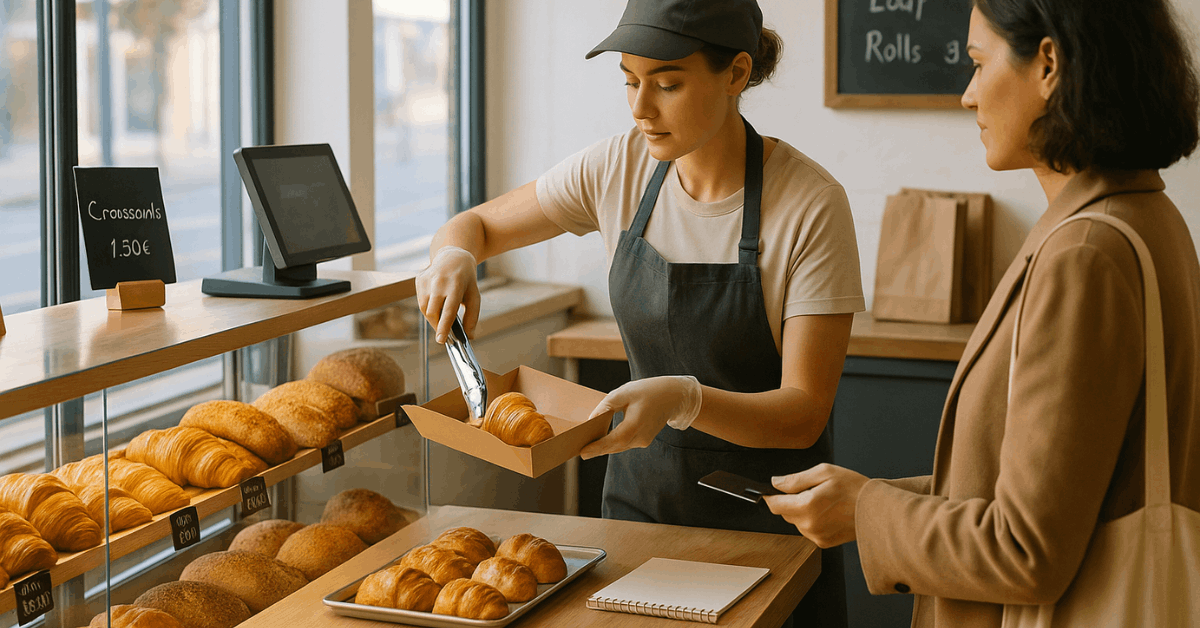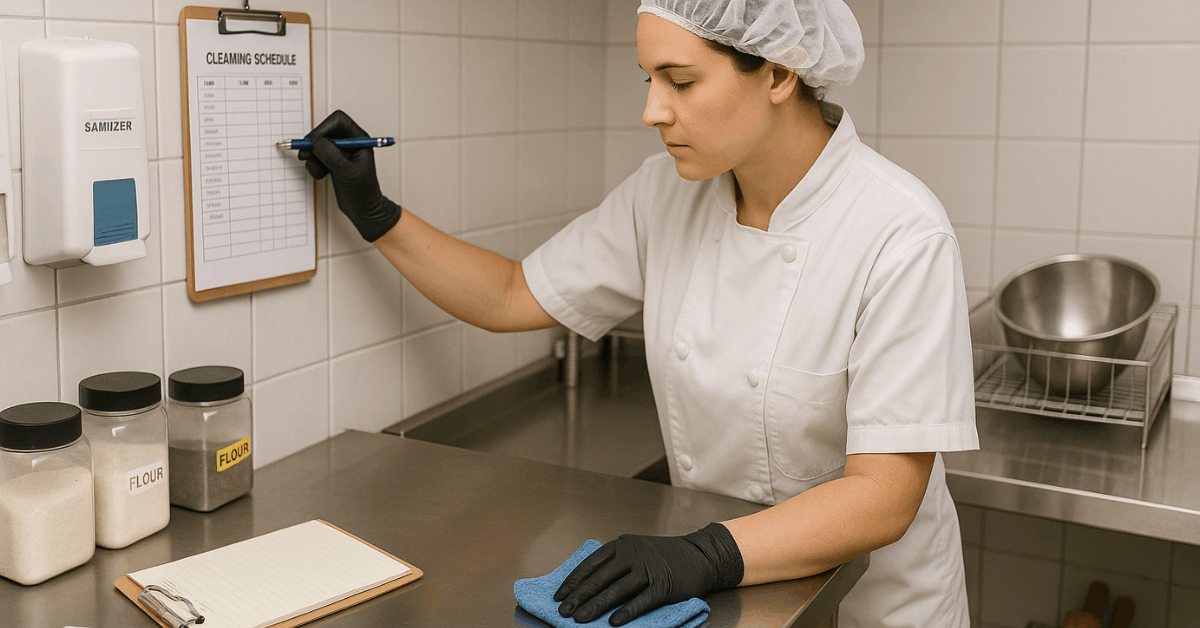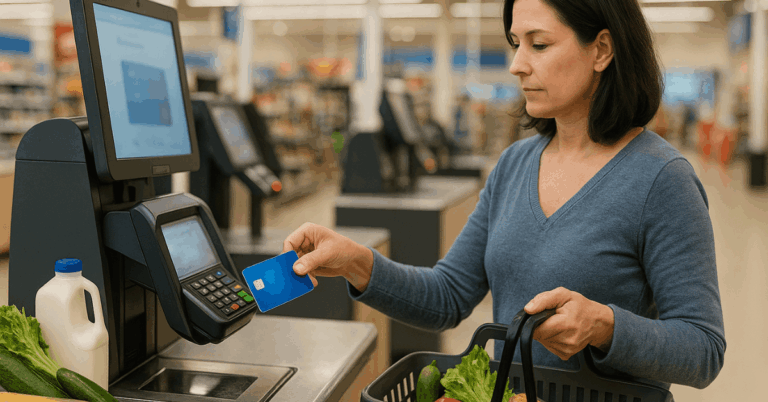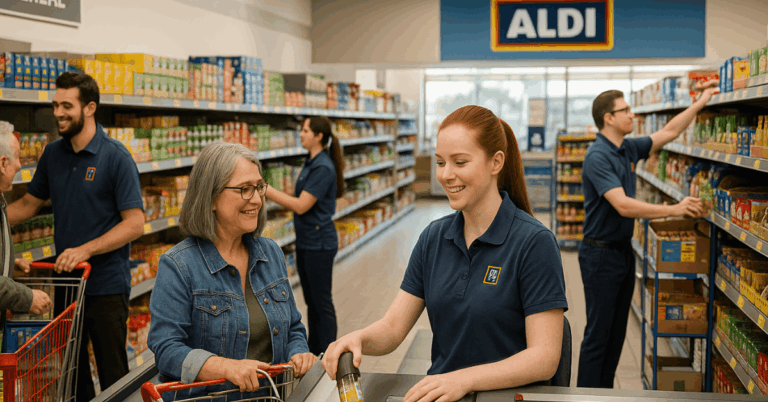Bakery Assistants support production and front-of-house service, making the position a reliable entry point into food retail and pastry.
A focused search plan, verified documents, and standardized CV formatting shorten screening times and raise interview rates.
EURES, Europass, and national public employment services provide official infrastructure that keeps applications traceable and compliant.

What Bakery Assistants Do and Key Responsibilities
Clear expectations help you decide whether daily tasks match strengths and preferences. Most assistants split time between production support, counter service, and upkeep that protects food safety and equipment life.
Shops value calm communication during peaks, tidy displays, and accurate cash handling because those habits stabilize sales and reduce waste.
Production support and food safety
Typical shifts start with scaling ingredients, preparing trays, and preheating mixers or ovens to the day’s plan.
Dough proofing, portioning, and simple finishes, egg wash, icing, and seed topping, follow house standards to keep quality predictable.
Hygiene drives every station, so tools are sanitized, allergens labeled, and temperatures logged to meet audits and avoid cross-contamination. Regulation (EC) No 852/2004 sets the EU-wide baseline for hygiene procedures implemented on site.
Front-of-house and customer interaction
Counter rotations include answering questions, suggesting suitable items, weighing goods, and packing neatly for takeaway.
Card and cash transactions require accurate receipts and simple returns handling that protects till balances. Clear product descriptions, allergen notes, and steady pacing during morning rushes build repeat business.
Inventory, cleaning, and equipment care
Deliveries are received against invoices, dates checked, and stock rotated to minimize spoilage. Labeled containers, clean shelves, and organized cold storage speed handoffs between production and service.
Light maintenance, wiping door seals, clearing crumb trays, reporting faults early, extends equipment life and reduces downtime.
Why Consider Working as Bakery Assistants in Europe
Bakeries in cities and towns sustain consistent demand across supermarkets, artisan shops, hotel patisseries, and industrial facilities.
Structured shifts suit students, caregivers, and career changers planning around mornings and weekends. Skill ladders are visible, allowing steady progression from entry tasks to specialized production or supervisory roles.
Stable Demand and Transferable Skills
Breakfast traffic, weekend peaks, and holiday seasons create recurring staffing needs that favor reliable candidates.
Timing, organization, and safe handling translate well into cafés, catering, and broader food retail. Comfort with scales, ovens, and temperature logs demonstrates discipline valued in quality-focused operations.
Career Growth Paths
Consistent performance opens routes into senior assistant, baker, pastry assistant, or shift supervisor roles. Exposure to ordering, waste control, and display planning prepares candidates for department leadership.
Experience plus targeted training in lamination, sourdough, or finishing turns into higher-value specializations.
Work-Life and Cultural Experience
Local food culture and regional styles keep learning continuously across European markets.
Early starts free afternoons for classes, family time, or a second skill track. Multinational teams improve language confidence through daily service, supplier calls, and routine safety briefings.
Requirements to Apply as Bakery Assistants
Meeting common requirements increases responses and reduces onboarding time. Employers prioritize punctuality, hygiene awareness, and precise adherence to procedures under pressure.
Basic numeracy helps with scaling, labeling, and cash handling, while positive references and reliability records signal trustworthiness.
Core Skills and Physical Readiness
Roles involve standing for long periods, lifting modest weights, and working around warm equipment safely.
Teamwork and clear handovers keep production and counters aligned during peak periods. Previous retail or kitchen experience helps, although many shops train motivated newcomers.
Food Safety Training and Certificates
EU food hygiene law requires operators to run documented hygiene procedures; entry staff receive site training that implements those rules.
Completing a short course and holding a food hygiene certificate strengthens credibility for trial shifts and inspections.
Regulation (EC) No 852/2004 and Commission guidance outline the baseline on cleaning, temperature control, and allergen management across Member States.
Right to Work, Language, and Contracts
EU and EEA nationals can take up work in another EU country without a work permit and must receive equal treatment in pay and working conditions.
Non-EU nationals follow national procedures via the EU Immigration Portal, which explains long-stay permits and competent authorities per country. Contracts should clearly state hours, overtime rules, probation, training, and leave.
Where and How to Find Jobs as Bakery Assistants in Europe
Combining official portals with direct employer sites yields the widest coverage. Public employment services feed vacancies to EURES, while chains and independents post directly on their careers pages and social profiles.
National and European Job Portals
EURES lists vacancies across the EEA, offers account-based applications, and provides country fact sheets plus adviser support.
Setting alerts for target cities and common titles, such as assistant baker, counter assistant, and in-store bakery, helps you apply on posting day. Searching EURES jobs alongside local language terms increases relevant hits and reduces noise.
Company Career Pages and Supermarket Chains
Supermarket groups continuously publish bakery jobs, often with shift details, store locations, and training options.
Artisan shops share artisan bakery jobs on their websites and social channels with straightforward contact instructions. Direct applications show motivation and can move faster than third-party postings.
Apprenticeships, Training, and Local Channels
Several countries run vocational routes that mix paid work with structured training in retail bakery or production.
Public employment services and EURES signpost events and openings, including European Job Days that host live employer interviews.
Short programs labeled apprenticeship in bakery suit candidates seeking a guided start with clear upgrade paths.

How to Apply as a Bakery Assistant in Europe
A strong application focuses on verifiable skills, standardized documents, and realistic availability for early mornings, weekends, and holidays. Keeping records tidy improves follow-up and demonstrates professionalism.
Prepare a Focused CV and Cover Note
The Europass CV format standardizes layout and terminology across borders, reducing clarification requests from recruiters.
Use the builder to describe skills in scaling, display upkeep, cash accuracy, cleaning routines, and languages with honest proficiency. Uploading a public profile improves discoverability on EURES and national services.
Apply Through EURES and Public Employment Services
Create a jobseeker account on EURES, save searches, and apply directly from the dashboard.
Check your target country’s public employment service for extra listings, counseling, and training referrals coordinated through the PES Network.
Official channels safeguard data and keep applications visible to advisers when mobility support is available.
Prepare for Interviews and Trial Shifts
Expect practical questions on safe handling, allergen communication, and cleaning routines during peak service.
Describing a busy morning by station, scaling, baking, counter, and clean-down shows operational awareness.
Short trial shifts often assess pace, teamwork, and hygiene discipline; arriving early and following site rules signal readiness grounded in EU standards. European Job Days run throughout the year and provide direct access to hiring managers in live online sessions.
Review Contracts, Rights, and Onboarding
Offer letters should match advertised hours, overtime pay, probation terms, and leave rules.
EU sources explain equal treatment, social security coordination, and mobility rights so cross-border hires understand contributions and benefits. Keeping copies of contracts, payslips, and certificates supports future promotions and portability.
Conclusion
Targeted applications for Bakery Assistants move faster when official portals, standardized CVs, and hygiene knowledge back every submission.
EURES and national services surface verified vacancies, while Europass and documented certificates reduce back-and-forth with recruiters.
Consistent attendance, safe practice, and calm counter service build credibility for promotions across Europe.











